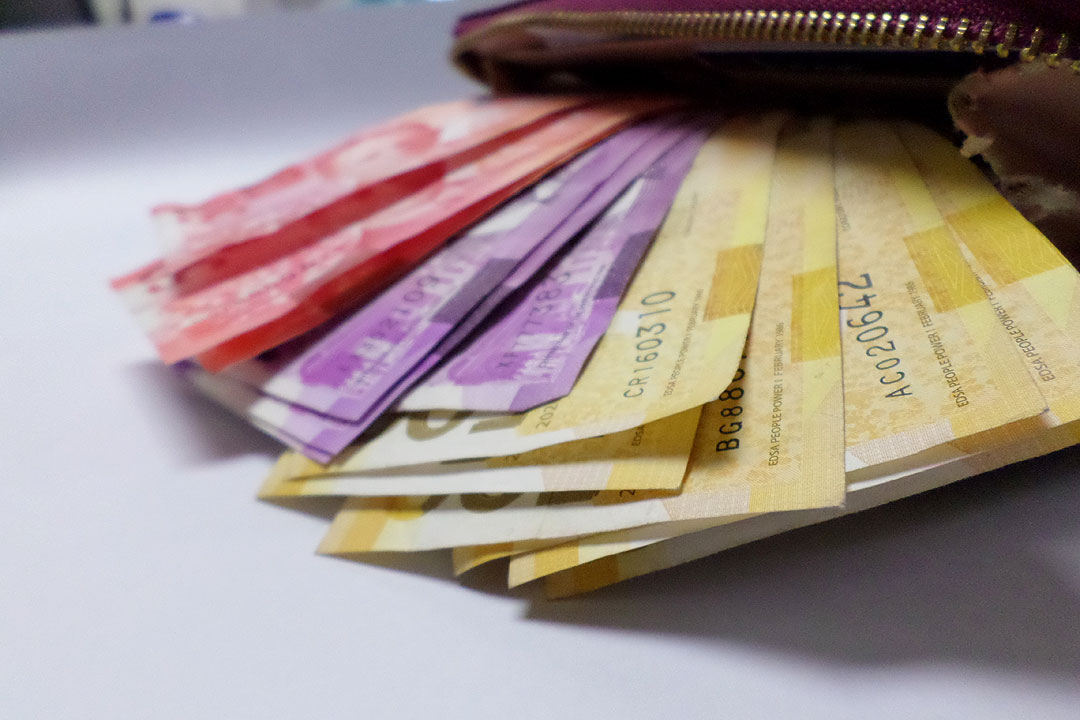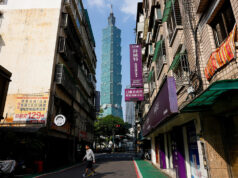January bank lending quickest in 19 months

By Luz Wendy T. Noble, Reporter
CREDIT GROWTH in January accelerated to its fastest rate in 19 months, as banks began lending more to consumers amid the looser mobility restrictions in the country.
This also reflected the quicker pace of liquidity growth during the month.
Data from the Bangko Sentral ng Pilipinas (BSP) released on Tuesday showed outstanding loans by big banks rose by 8.5% to P10.002 trillion in January from P9.217 trillion a year earlier.
This was much faster than the 4.8% increase in December and marked the sixth consecutive month of expansion in outstanding loans. It was also the quickest growth rate since the 9.6% seen in June 2020.
“Bank lending improved further as easing coronavirus disease 2019 (COVID-19) restrictions and the continuous vaccine rollout supported market sentiment and demand,” BSP Governor Benjamin E. Diokno said in a statement.
Inclusive of reverse repurchase agreements, credit growth stood at 8.7%.
Bank lending also rose by 3% month on month, even as COVID-19 cases spiked in January.
The faster lending expansion during the Omicron surge reflected economic growth recovery, Security Bank Corp. Chief Economist Robert Dan J. Roces said.
“Mobility, for one, has improved much and stable at or very near the pre-pandemic level, and this tells us that consumer and business sentiments are improving, thereby translating to capital expansion and private consumption,” Mr. Roces said in a Viber message.
In January, production loans rose by 9.6% year on year, quicker than the 6% growth in December. This was mainly driven by an increase in loans for real estate activities (16.8%), financial and insurance activities (17.1%), information and communication (31.4%), and manufacturing (11.5%).
On the other hand, borrowings for business activities related to agriculture, forestry, and fishing (-5.6%); mining and quarrying (-15.6%); accommodation and food services (-4.8%); administrative and support services (-8.6%); and education (-9.5%) continued to decline.
Meanwhile, consumer borrowings inched up by 0.1% in January. This was the first expansion in 13 months or since the 4.4% growth in December 2020.
This was driven mainly by a 6.8% rise in credit card loans, while motor vehicles (-5.4%) and salary loans (-8.7%) still contracted.
Rizal Commercial Banking Corp. Chief Economist Michael L. Ricafort said borrowers may have taken advantage of the still-low interest rates ahead of expected global monetary policy tightening and normalization.
“Some borrowers rushed financing activities/requirements in view of the increase in borrowing costs locally and globally amid elevated inflation and, as a matter of prudence, in preparation for the widely expected US Federal Reserve decision to accelerate reducing bond purchases,” Mr. Ricafort said in a Viber message.
At its Feb. 17 policy review, the Monetary Board kept interest rates at record lows but cited risks to recovery as the pandemic stretched on. However, officials said they will be ready to respond in case there is a need to arrest potential second-round effects in inflation amid higher oil prices.
“The BSP continues to prioritize policy support for the economy in order to sustain the recovery in credit activity amid the continued uncertainty in the growth outlook,” Mr. Diokno said.
“Nevertheless, stronger signs of recovery in overall economic activity will allow the BSP to carefully plan for the eventual normalization of its pandemic-related interventions when conditions warrant, in line with its price and financial stability mandates,” he added.
Security Bank’s Mr. Roces said the BSP’s focus will likely be on supporting economic growth for most of the first half of 2022 unless inflation risks become “too compelling to ignore.”
M3 GROWTH
Domestic liquidity grew by 9.8% in January, outpacing the 7.3% rise in December, BSP data showed.
M3 — which is the broadest measure of money supply in an economy — inched up by 2.8% month on month.
Domestic claims rose by 9.6%, quicker than the 7.7% in December.
Net claims on the central government increased by 19.6%, while claims on the private sector jumped by 6.1%. Growth in net foreign assets went up by 6.2%.
Mr. Diokno said the BSP has infused about P2.3 trillion in liquidity support to the financial system, which is equivalent to about 12.5% of GDP.



